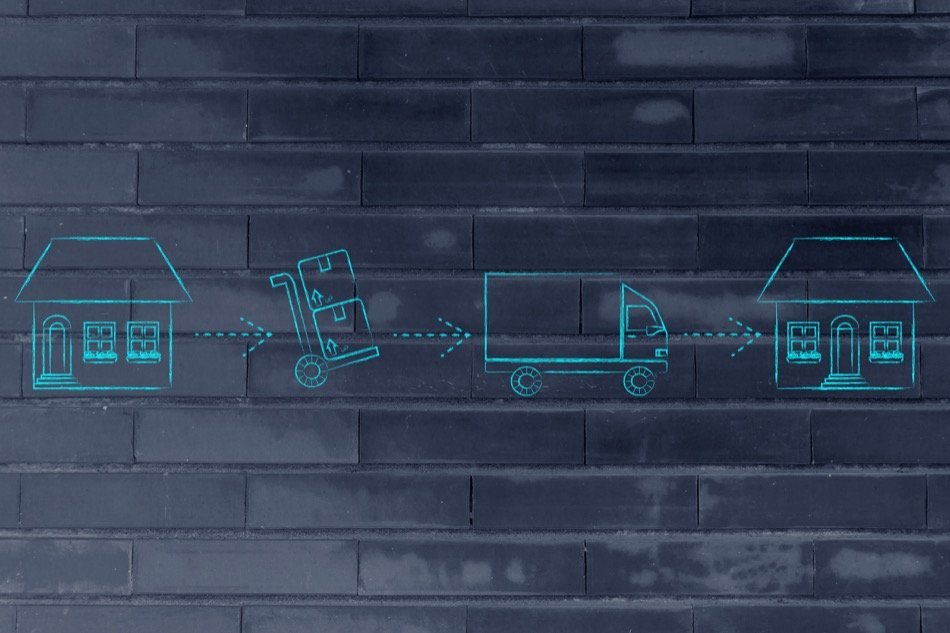What Everyone Needs to Know About International Homebuying
Posted by Gary Ashton on Monday, March 2nd, 2020 at 9:36am.
 When a big change is needed, perhaps nothing is more powerful than moving out of the country or even buying a vacation home in an exotic locale. To do so, however, buyers must educate themselves on all the different aspects of international home buying. The process and results can differ greatly from their current country, making it well worth figuring out the specifics. To help everyone get started, here are several things people need to know about international home buying.
When a big change is needed, perhaps nothing is more powerful than moving out of the country or even buying a vacation home in an exotic locale. To do so, however, buyers must educate themselves on all the different aspects of international home buying. The process and results can differ greatly from their current country, making it well worth figuring out the specifics. To help everyone get started, here are several things people need to know about international home buying.
Cost of Living Varies from Region to Region
A big reason people move overseas is to reside in a place with a lower cost of living than their own country. The cost of housing, food, transportation, and more can differ greatly from region to region, even if two places seem quite similar otherwise. So, to figure out if they are actually moving somewhere with lower expenses, homebuyers have to complete a lot of research.
Depending on the stats offered by their preferred locations, they can potentially use a cost of living index to figure this out. This index allows people to easily tell how much more or less they can expect to spend on the essentials.
After narrowing down their options with that information, they can compare different costs on a one-to-one basis. In Costa Rica, for example, the average monthly cost of electricity is only $71 while the same service costs $152 in the United States. A gallon of milk, however, is about $5 in Costa Rica and only about $3 in the US. Similarly, according to Buttonwood property management Toronto, the monthly rent for a one-bedroom condominium in the average city in Canada is around $900, but in the US it's only slightly cheaper at $878. However, when you look at amenities like food costs there's a big disparity. In America, 1kg of chicken breast costs around $6.50, whereas it averages almost $11 in Canada.
Foreign Ownership Rules Matter
Countries have the ability to determine if individuals without permanent residency can buy property in their region. Certain countries, like Australia, strictly limit the types of properties international home buyers can purchase.
In general, they are restricted to only buying new construction single- and multi-family homes unless they secure a permanent visa. If they buy vacant land instead, they have to build their residence within just two years or face fines, jail time, and other repercussions.
These restrictions help preserve home prices, making it a move that is likely to gain popularity in the coming years. Home buyers can protect themselves from the fallout by researching the current laws and looking along the horizon for coming changes.
Visa Requirements Can Differ
Every country has their own visa requirements and application process. If international home buyers do not practice their due diligence in following those rules, they could end up in hot water and unable to use their new property.
Before even entertaining the idea of buying a home in a new locale, people need to look at the region's eligibility requirements to see if they might qualify for a visa. In the UK, only people from outside Switzerland and the European Economic Area may apply for a residence card. In Australia, they require visa applicants to meet their health requirements before applying for a permanent visa.
Financing is Often a Challenge
Banks are not often too keen on providing a mortgage to international home buyers. For that reason, most of these home buyers have to complete the transaction in cash. In some cases, they may be able to find banks willing to finance up to 50 percent of the purchase price, as long as the rest is paid in cash. The terms are different for these loans, often requiring them to requalify every five years or so to keep the mortgage. Otherwise, they will need to pay off the remainder of the loan with a balloon payment.
By taking all these factors into consideration, everyone can decide if international home buying is something they would like to pursue. With that, they can start narrowing down their options to find their ideal location before looking for the perfect home overseas.

Gary Ashton
The Ashton Real Estate Group of RE/MAX Advantage
The #1 RE/MAX team in the World!
